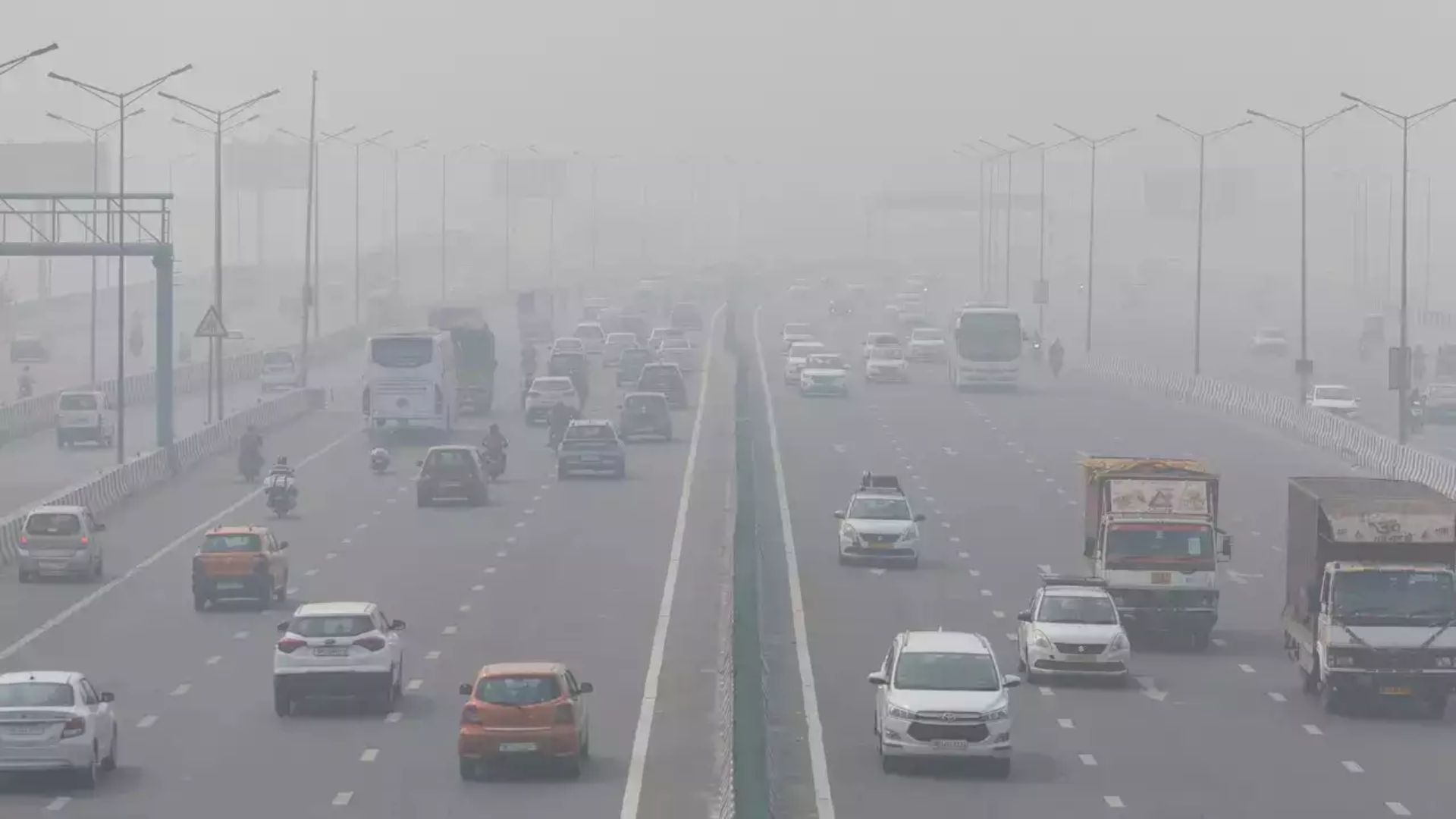In a significant legal move, a group of parents in Delhi has approached the Supreme Court challenging the suspension of physical school classes due to the rising levels of air pollution. With schools in Delhi-NCR currently shut, students are forced to attend online classes, which many parents argue is not a feasible option for a large portion of the population. The parents are seeking the Court’s intervention to provide clarity on the issue, questioning the assumption that the air inside homes is clean and highlighting the lack of access to technological resources needed for virtual learning.
Supreme Court Considers Relaxing GRAP-IV for Schools
The Supreme Court of India, hearing a case on air pollution in Delhi-NCR, has stated it will consider relaxing certain measures, particularly regarding school closures, under the Graded Response Action Plan (GRAP-IV). This decision follows mounting concerns from parents about the disruption caused by the school closures, especially since many children in the region do not have access to the necessary devices for online learning.
Justices Abhay S Oka and Augustine George Masih presided over the hearing and remarked that the consequences of GRAP-IV measures are “drastic,” signaling a potential reconsideration of the restrictions on schools. The matter is set to be reviewed again on December 2, as the Court looks into whether these measures should be reduced.
Parents Raise Concerns Over Online Classes
At the heart of the petition is the concern that not all families in Delhi-NCR have access to the technological resources required for online education. Senior Advocate Meneka Guruswamy, representing the parents, argued that the government’s assumption that air inside homes is cleaner than outside is flawed. She highlighted that many parents, especially from lower-income backgrounds, cannot afford devices or internet connections to facilitate online classes for their children.
Guruswamy suggested that the government should allow parents the option to send their children to schools if they wish, especially in cases where local schools are accessible. She pointed out that many working-class families rely on nearby schools, and the current restrictions disproportionately affect them.
Government’s Stance on School Closures
In response, Additional Solicitor General (ASG) Archana Dave expressed sympathy for the parents’ concerns but reiterated the government’s stance that the children would still be at risk due to the high pollution levels under GRAP-IV. Senior Advocate Gopal Sankaranarayanan also emphasized the logistical difficulties posed by school buses, suggesting that the pollution situation was compounded by transportation issues for children.
The Court responded by stating it would take all these points into consideration and discuss them further at the next hearing.
Parents’ Plea for Alternatives to School Closures
The petition, filed by a group of eight parents, argues that blanket school closures are not the solution to Delhi’s pollution woes. The parents claim that such measures infringe upon children’s right to education, especially when virtual learning is not a viable option for many.
Key demands from the petition include:
- Clear Advisory for Schools: The Court should mandate that schools be provided with specific advisories when the Air Quality Index (AQI) exceeds safe limits, detailing the steps to be taken during high pollution periods.
- Adjusted School Timings: Given that pollution levels peak in the early morning, the parents have requested that schools start later—no earlier than 9:00 AM—during the winter months of November, December, and January.
- Rescheduling Academic Calendar: The petition proposes that schools take a two-week break during the worst pollution periods and adjust these days from other vacations to ensure the overall number of school days remains unchanged.
- Provision of N95 Masks: The petition also calls for the government to provide N95 masks to children, especially during the pollution season, to reduce the health risks associated with toxic air quality.
- Broadcast Classes for Health-Impacted Children: In cases where AQI remains dangerously high, the parents suggest that schools could broadcast lessons for children with chronic respiratory issues who are unable to attend in person.
The Need for Long-Term Solutions
While the parents acknowledge the immediate dangers posed by the pollution crisis, they emphasize the need for long-term solutions that go beyond school closures. The petition highlights the ongoing struggles faced by children, particularly first-generation learners, who are unable to access online education effectively.
The parents are urging the Court to intervene and create a framework that balances the need for environmental protection with the right to education.
The Court’s Deliberation on the Future of School Closures
As the situation continues to unfold, the Supreme Court’s decision on December 2 will be crucial in determining whether the school closures will remain in place or if alternative measures can be implemented to protect children’s health while ensuring they receive a quality education. The case highlights the complex intersection of environmental policy, education, and public health, with both short-term and long-term consequences for the families of Delhi-NCR.


















